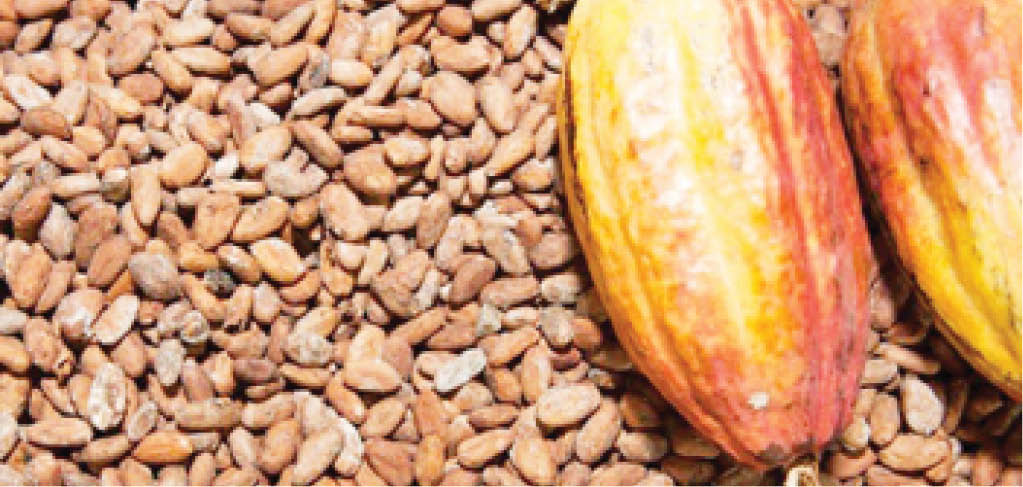Nigeria can earn N800b from agro commodities revenue – CropLife
CropLife Nigeria, an international organisation spearheading innovations in Nigeria’s agro-commodity market, said the country can harvest huge revenues from the sector which is estimated at N800 billion annually. Daily Trust reports that Cocoa beans, sesame seeds, cashews, and seven others top the list of agricultural commodities Nigeria exported in the first quarter of 2023, which […]

Cocoa beans
CropLife Nigeria, an international organisation spearheading innovations in Nigeria’s agro-commodity market, said the country can harvest huge revenues from the sector which is estimated at N800 billion annually.
Daily Trust reports that Cocoa beans, sesame seeds, cashews, and seven others top the list of agricultural commodities Nigeria exported in the first quarter of 2023, which generated N279.64 billion in revenue in the first half of 2023, according to the latest data from the National Bureau of Statistics (NBS).
Year-on-year, the value of the top agricultural commodities exported increased by 38.7 per cent compared to the N201.59 billion recorded in the corresponding period of 2022.
President, CropLife Nigeria, David Achimugu, who stated this yesterday when he led a delegation of the team to the headquarters of the Ministry of Agriculture noted that the agro commodity sector only requires innovation and capacity building for farmers to ensure that the market grows.
Late Alaafin’s daughter, foundations make case for less privileged
JNI accuses Plateau govt of excluding Muslims from Remi Tinubu’s N500m support
“The agro commodity sector is huge and Nigeria can earn up to N800bn from the market annually but this can only be done if innovations and capacity building training is in place to boost the market.
“This is why CropLife is in partnership with the National Agrochemical Dealers Association of Nigeria (NAIDA) to ensure that farmers’ dealers have the technical know-how on handling agrochemicals and in turn to equip farmers with the necessary knowledge to boost yield,” he said.
